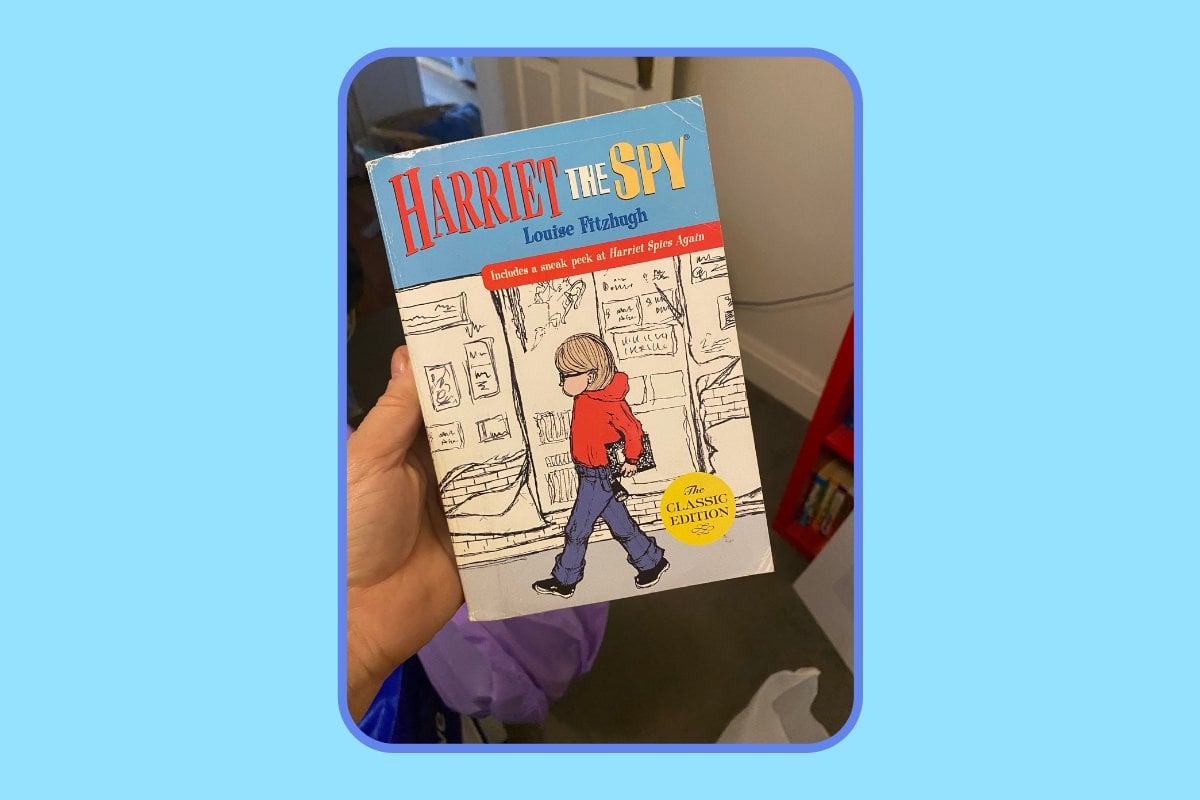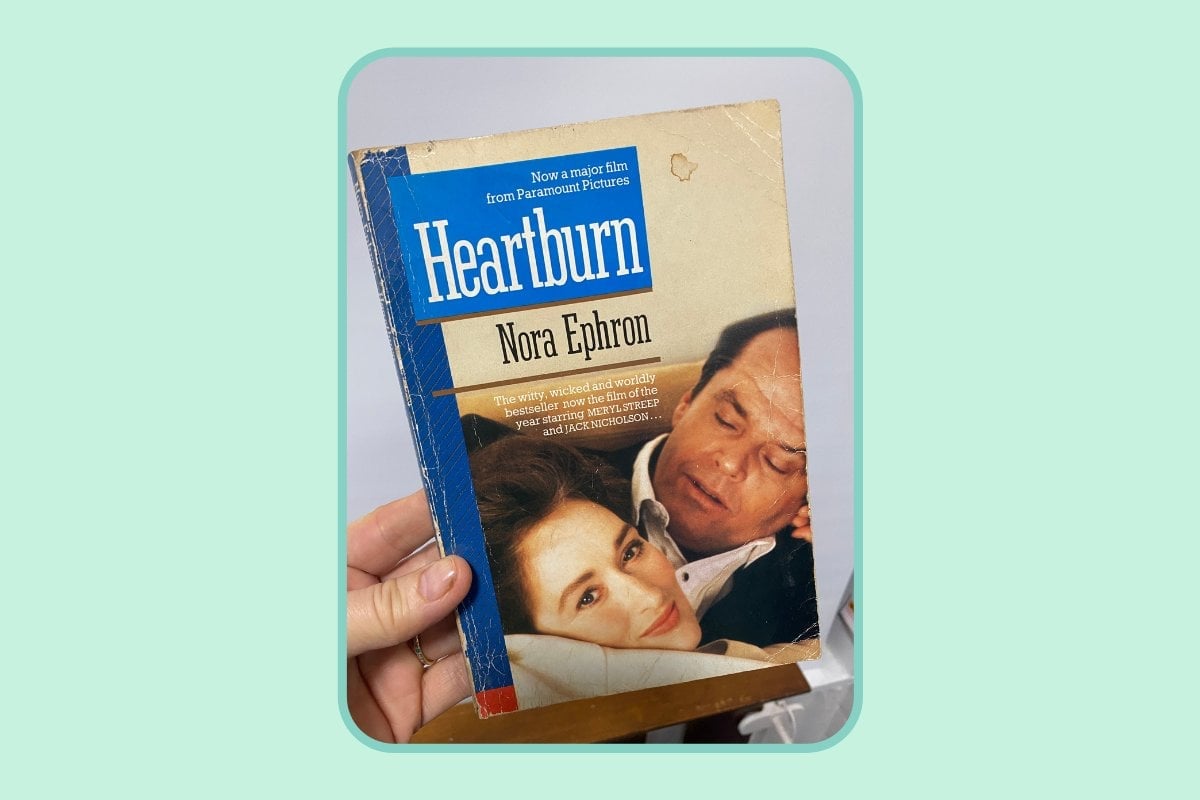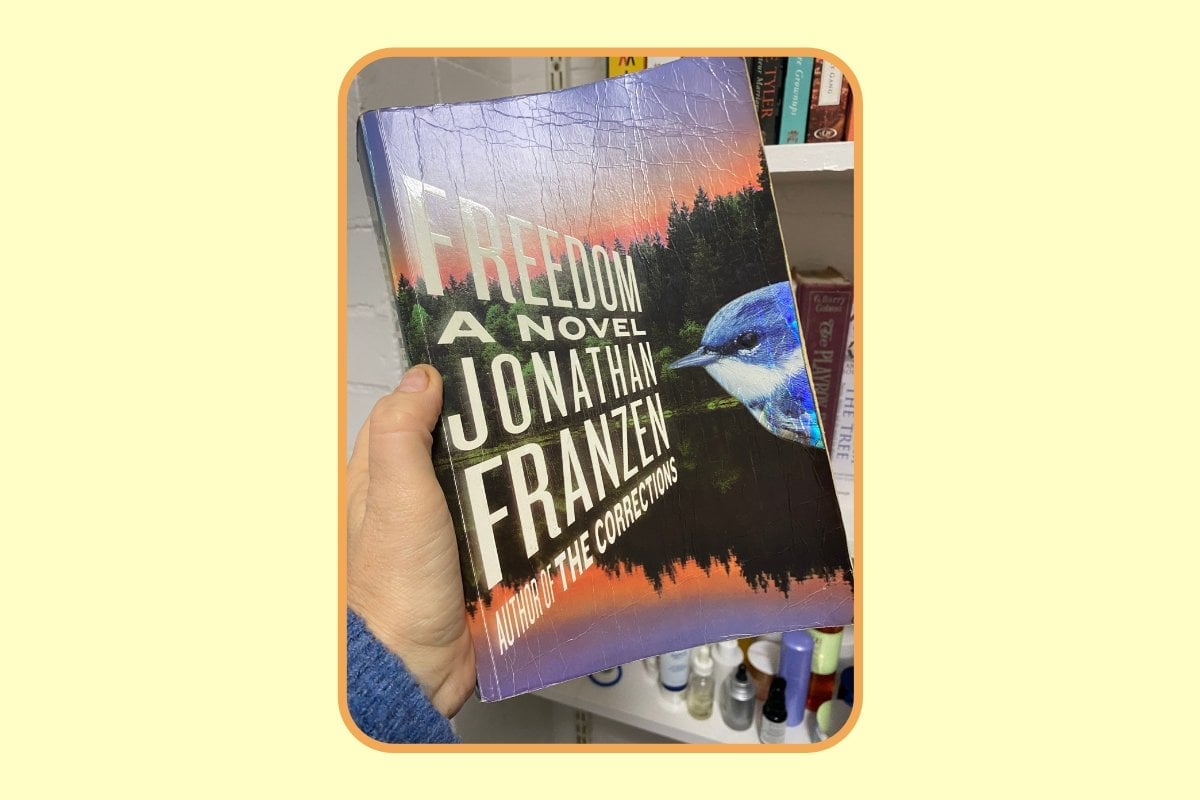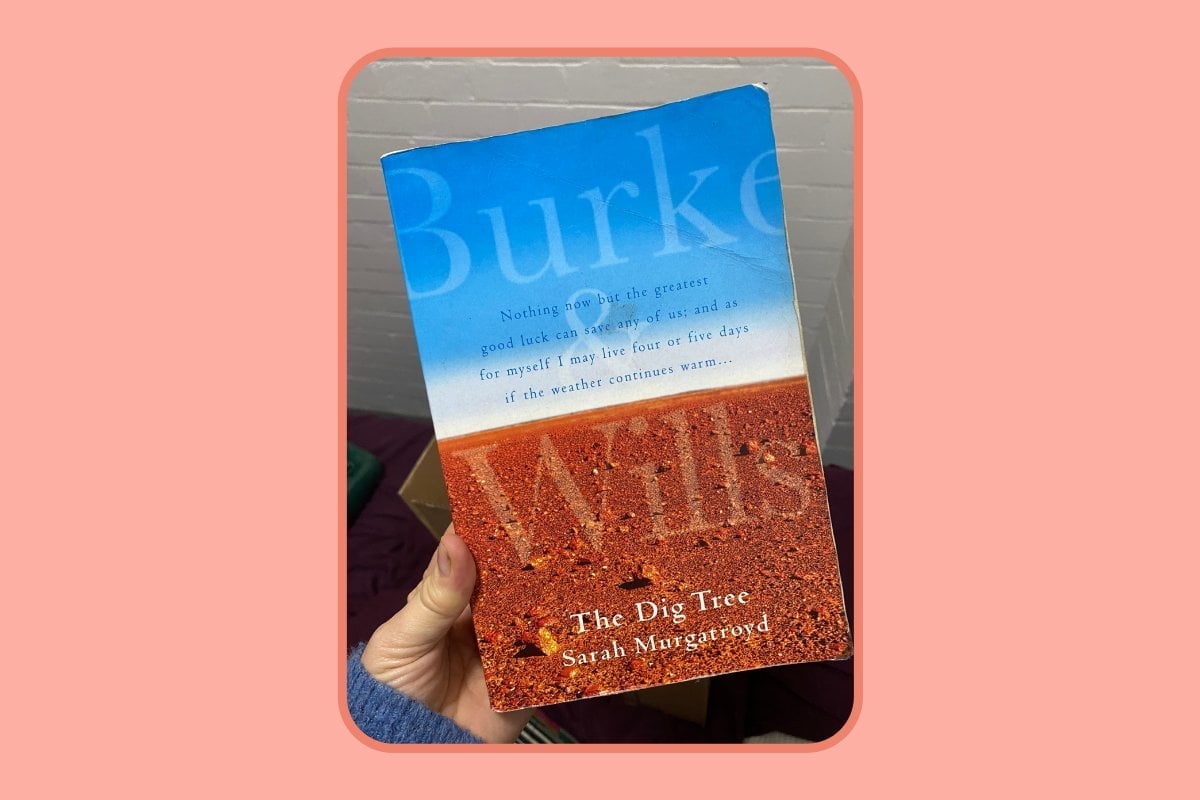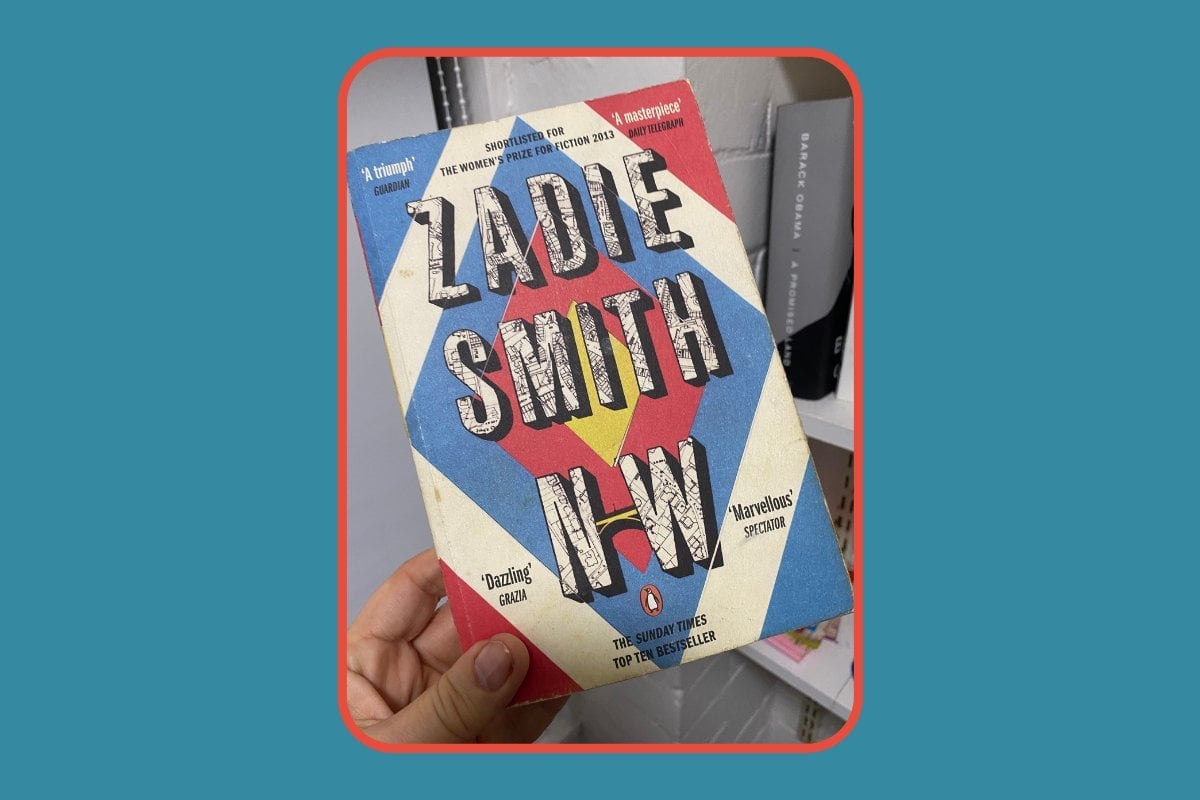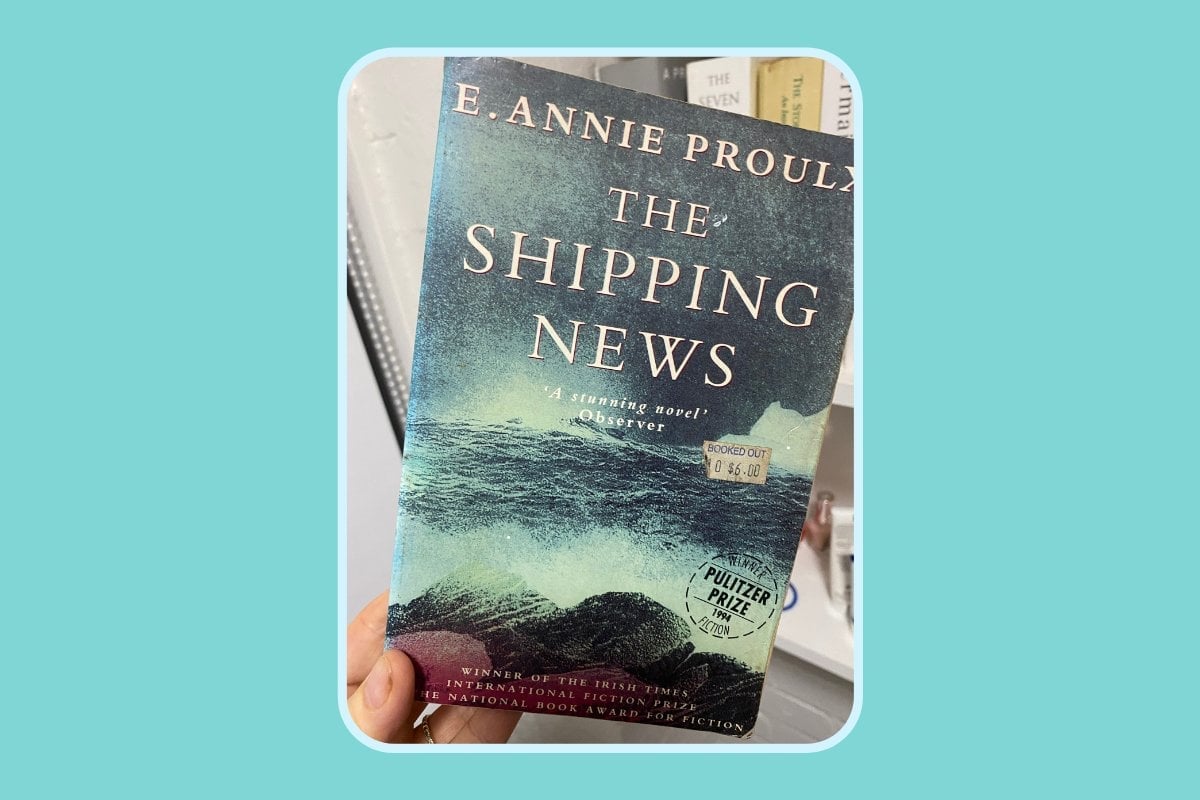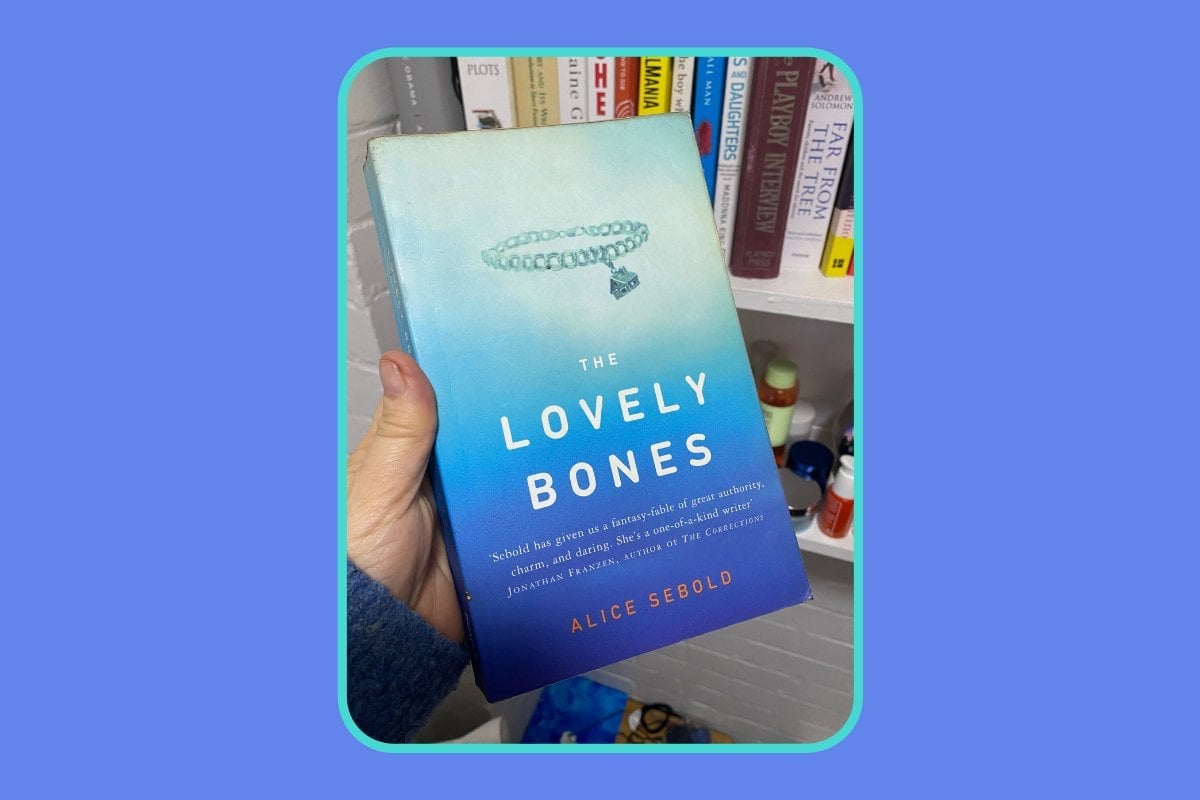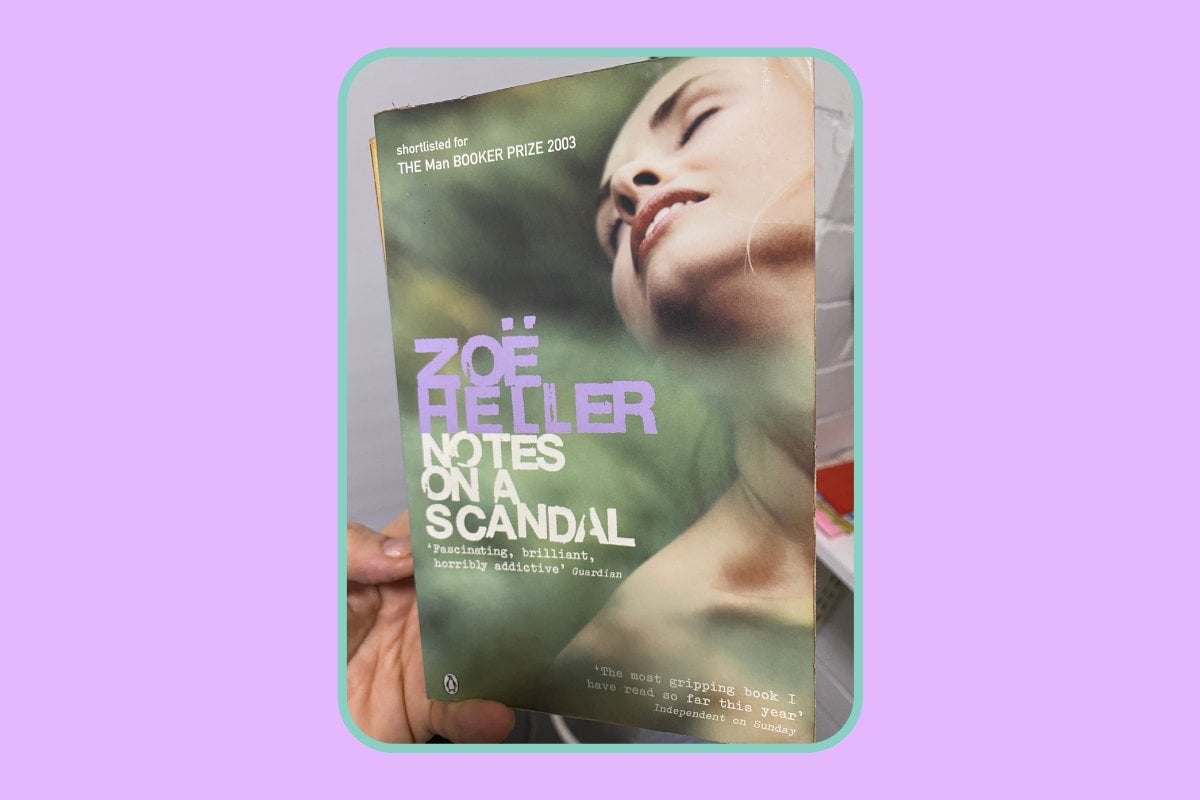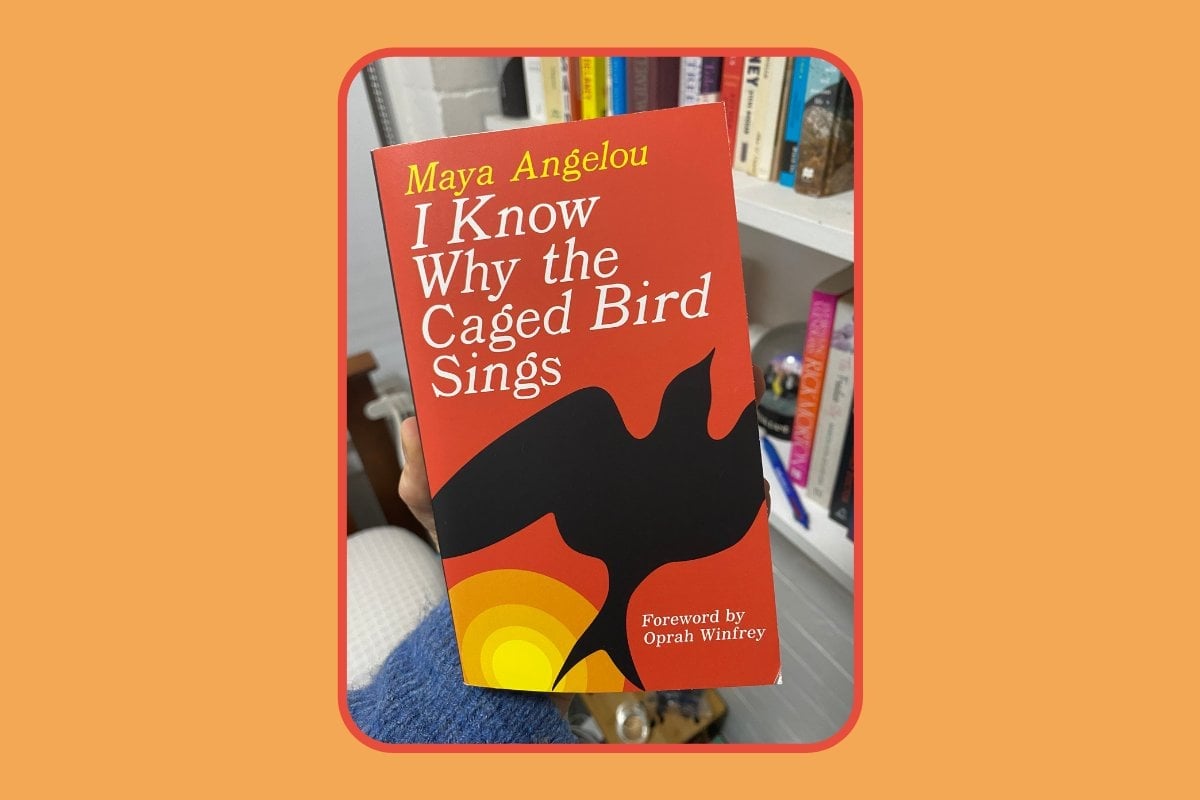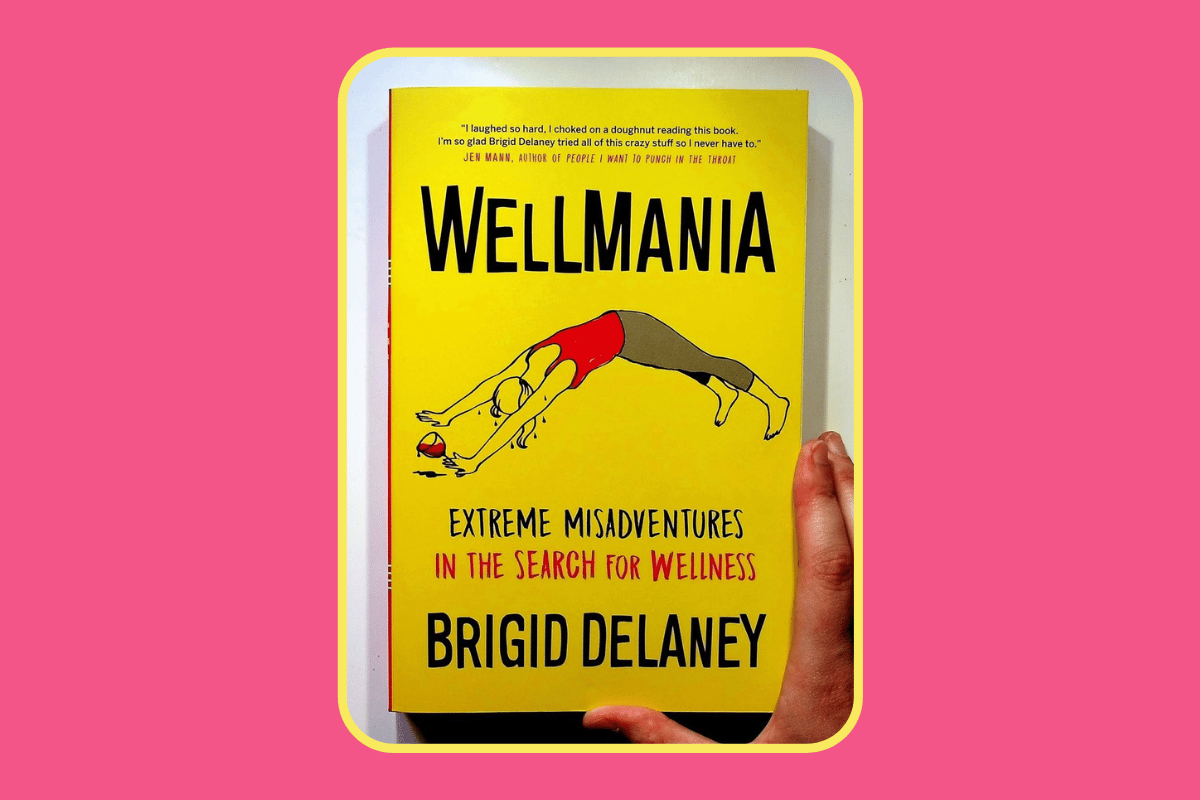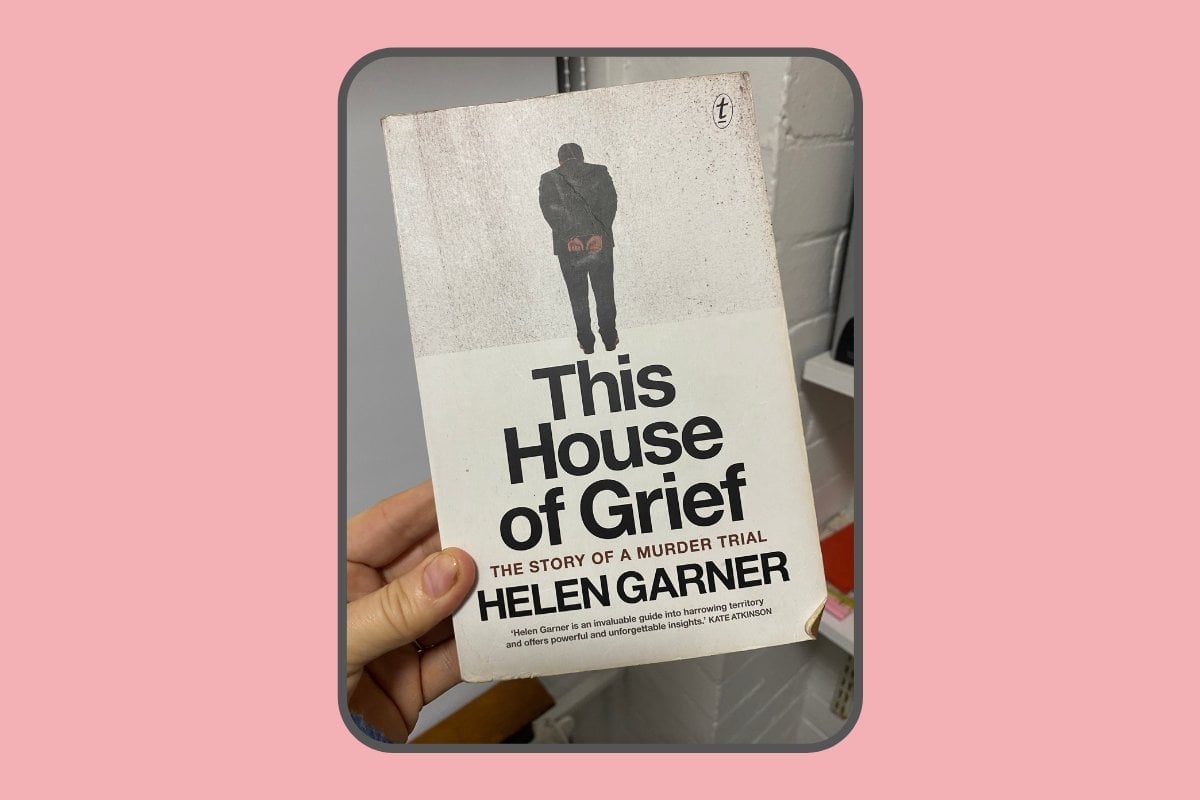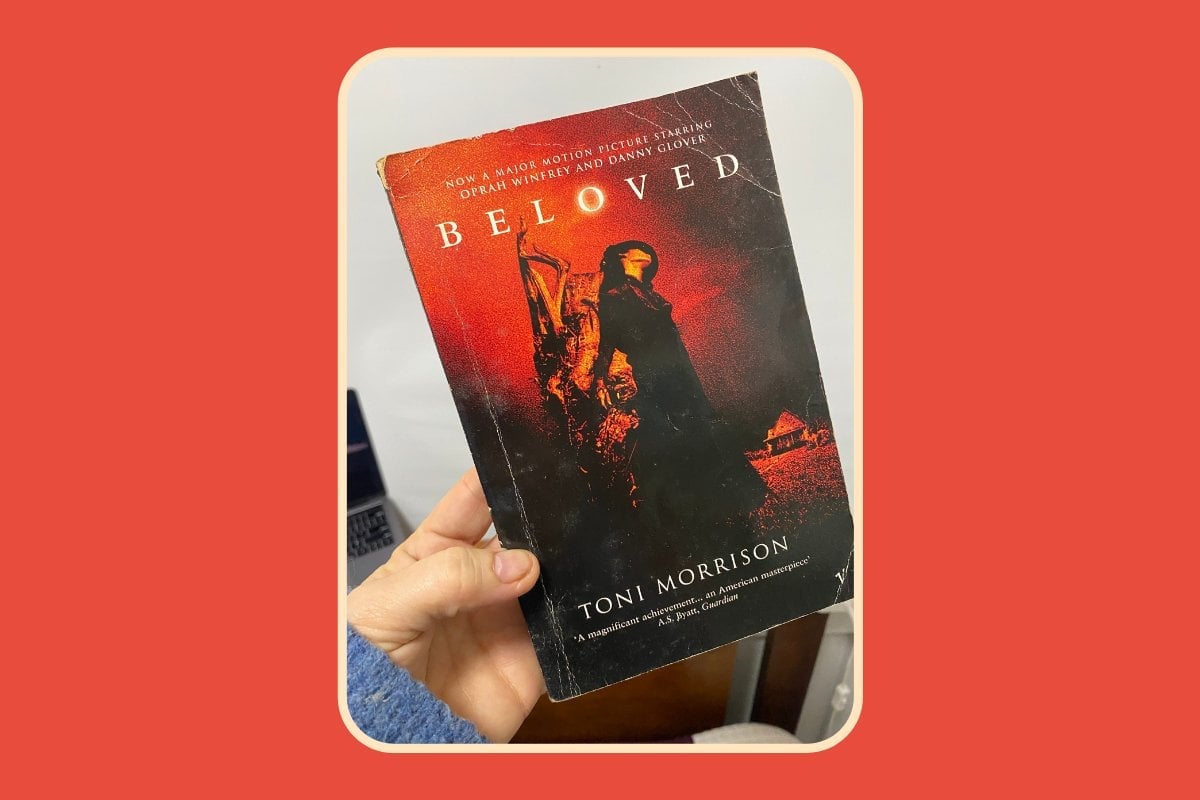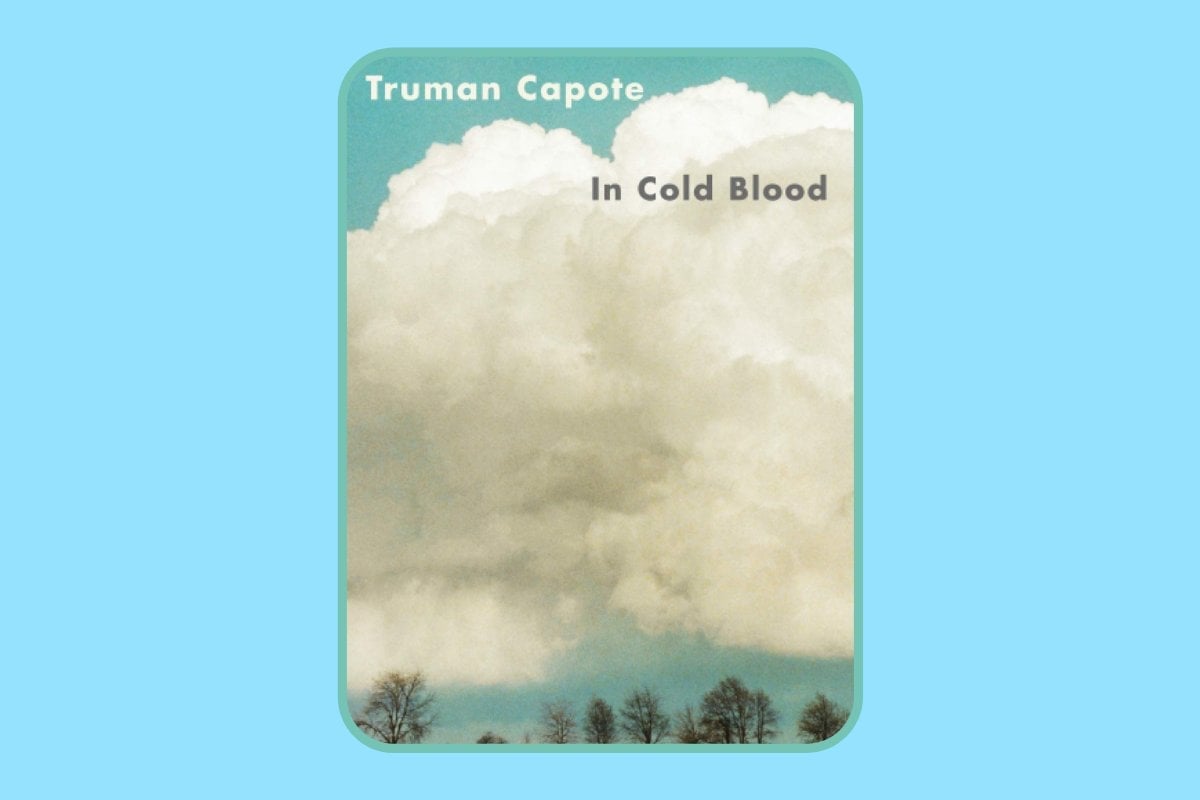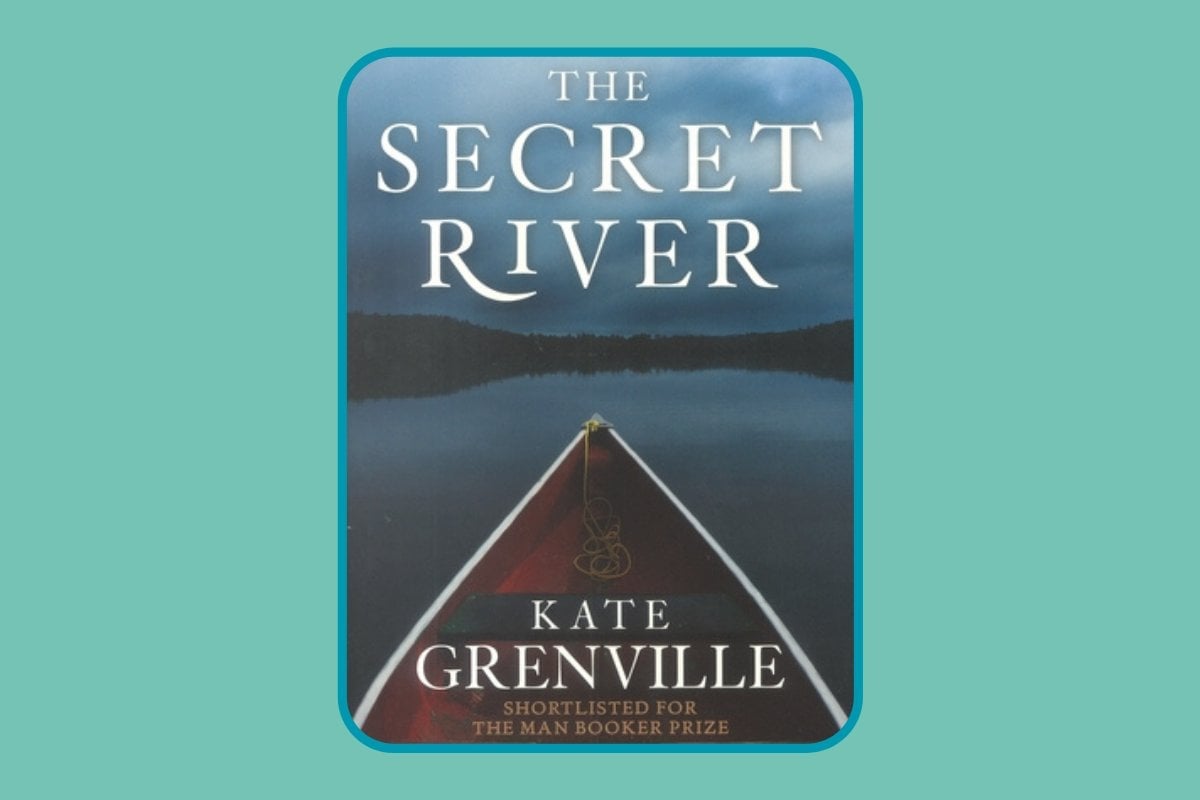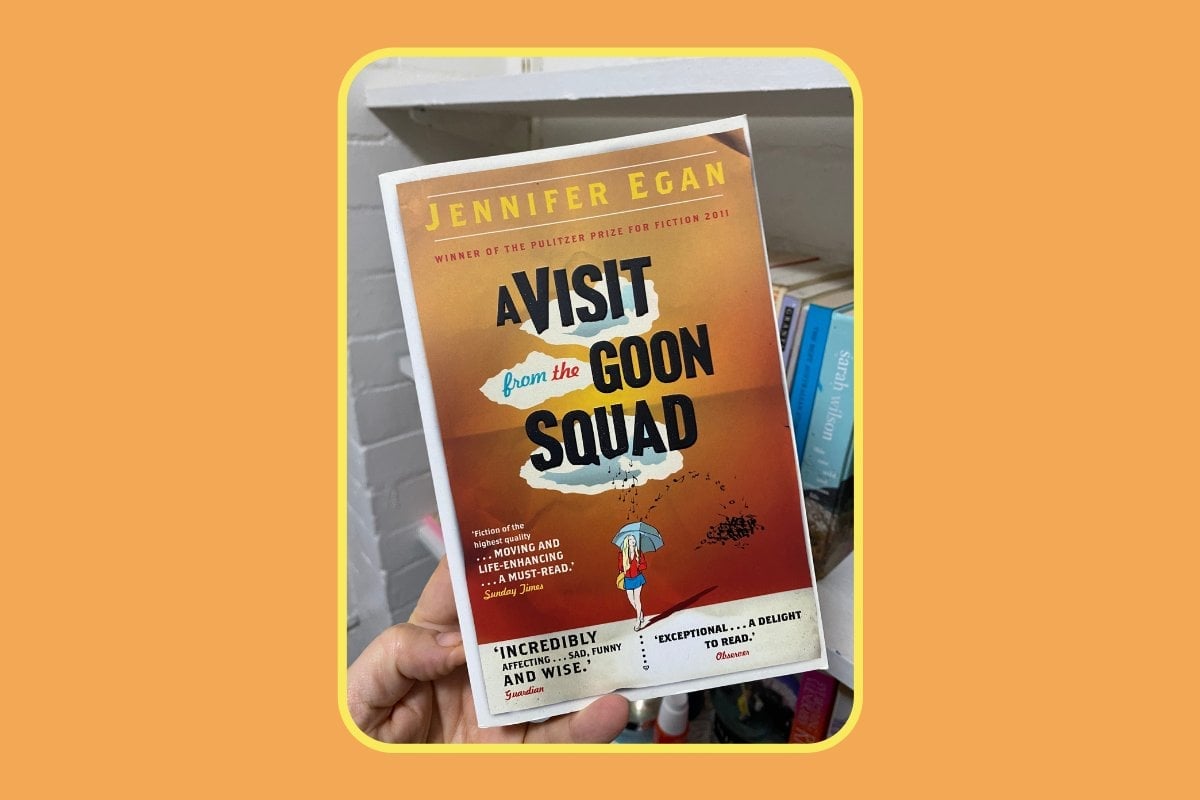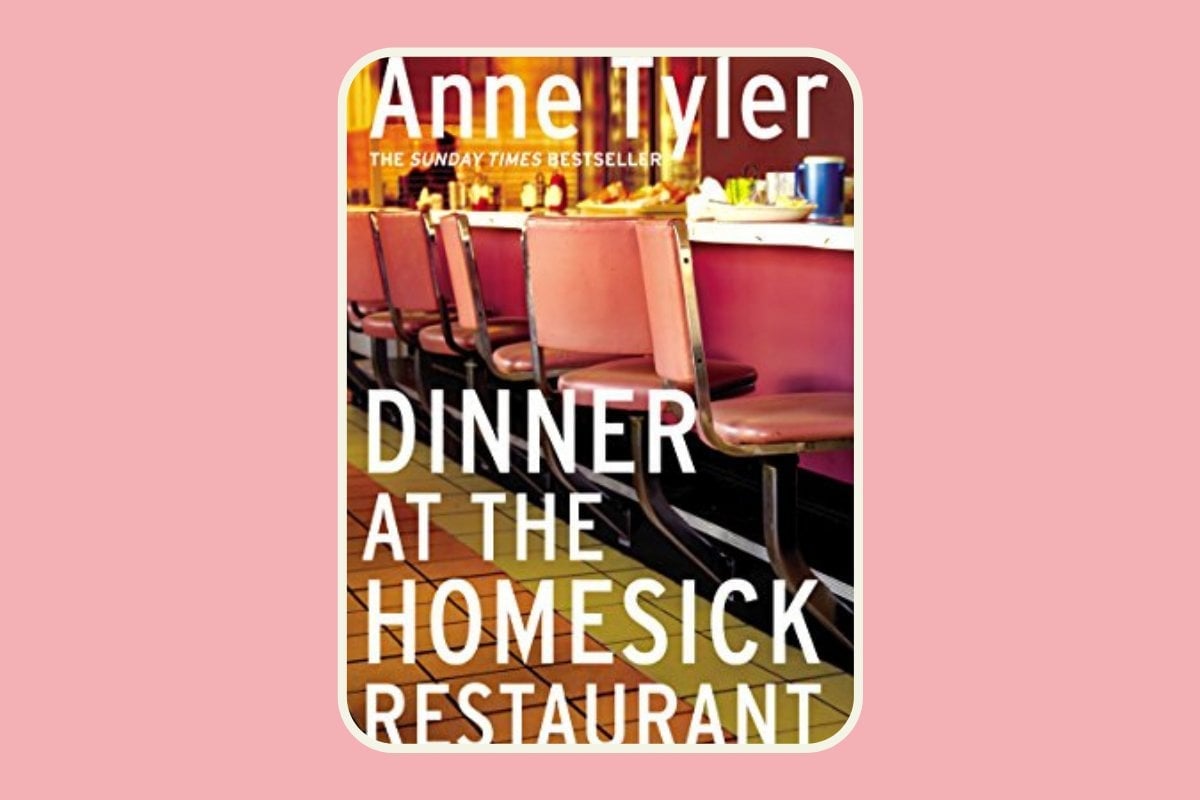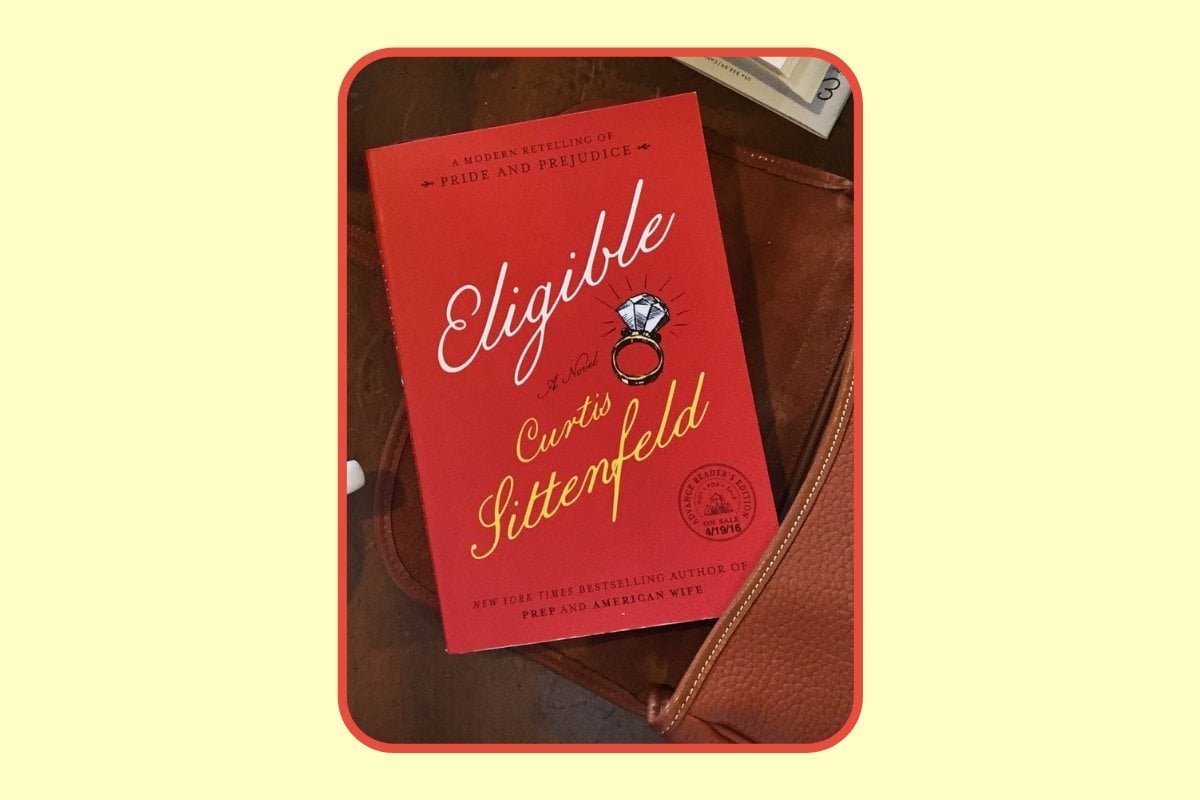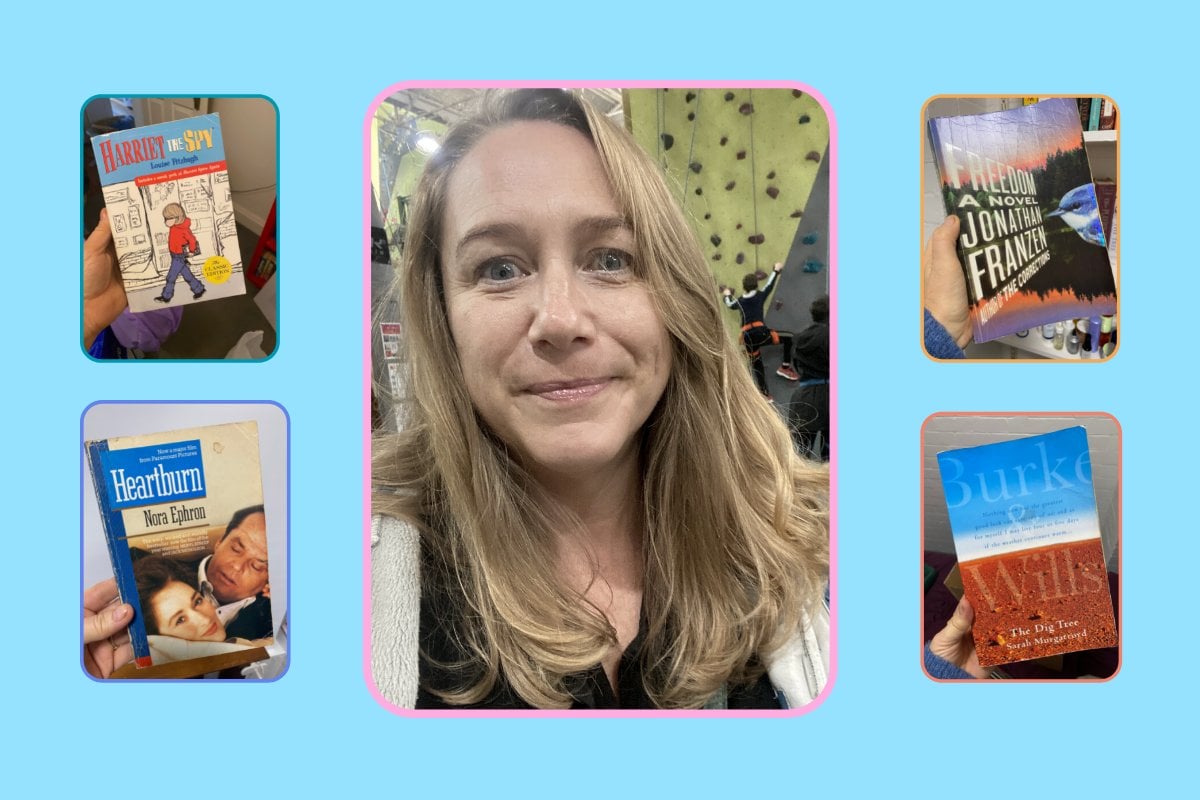
Declutter is a word that should never be uttered around books. Books are not clutter.
Books are everything else. Life. Experience. Empathy. Windows into other worlds. Entertainment. Distraction. Meaning. Lessons. Decoration. Life.
But, it turns out, you can have too many. Especially if you're moving house.
Listen to the latest episode of Mamamia Out Loud right here. Post finishes after podcast.
I've spent large parts of my adult life carting sagging boxes of books from place to place. Unpacking them into Billy bookcases in damp share-houses, stacking them in optimistic bedside piles, organising and reorganising them in pleasing patterns, and giving up.
I haven't moved house now for more than a decade. I've lived in my apartment with my family for the longest I've lived anywhere since the semi-detached home in northern England where I grew up.
But now, we are moving, and the bookshelves have been (shudder) decluttered.
In the process of packing, I've given away five enormous cardboard boxes of books in the past month. Spent hours going through the piles, dust coating everything, remembering others like missing friends, deciding what had to go to the charity shops (s - plural, no one charity shop wants five boxes of books).
But there were some - plenty, actually - that could not go. Will never go. I've read them all and I may never read them again, but I need them around. They are the books I can't live without.

